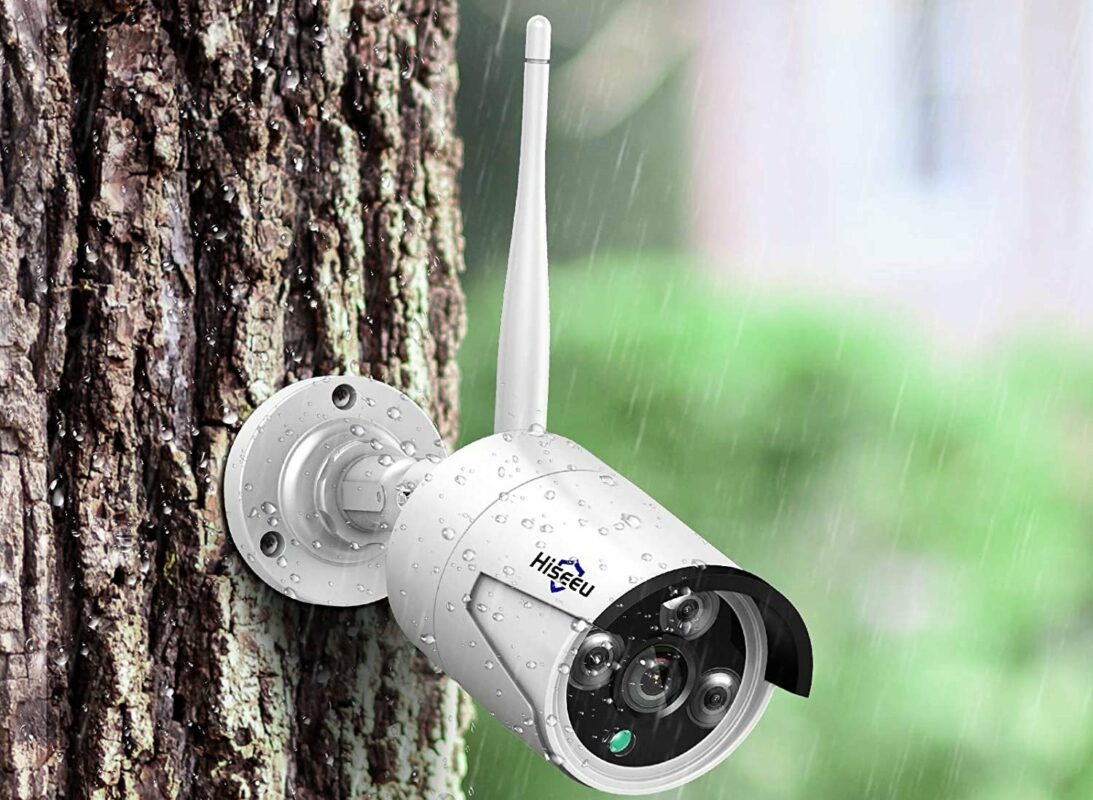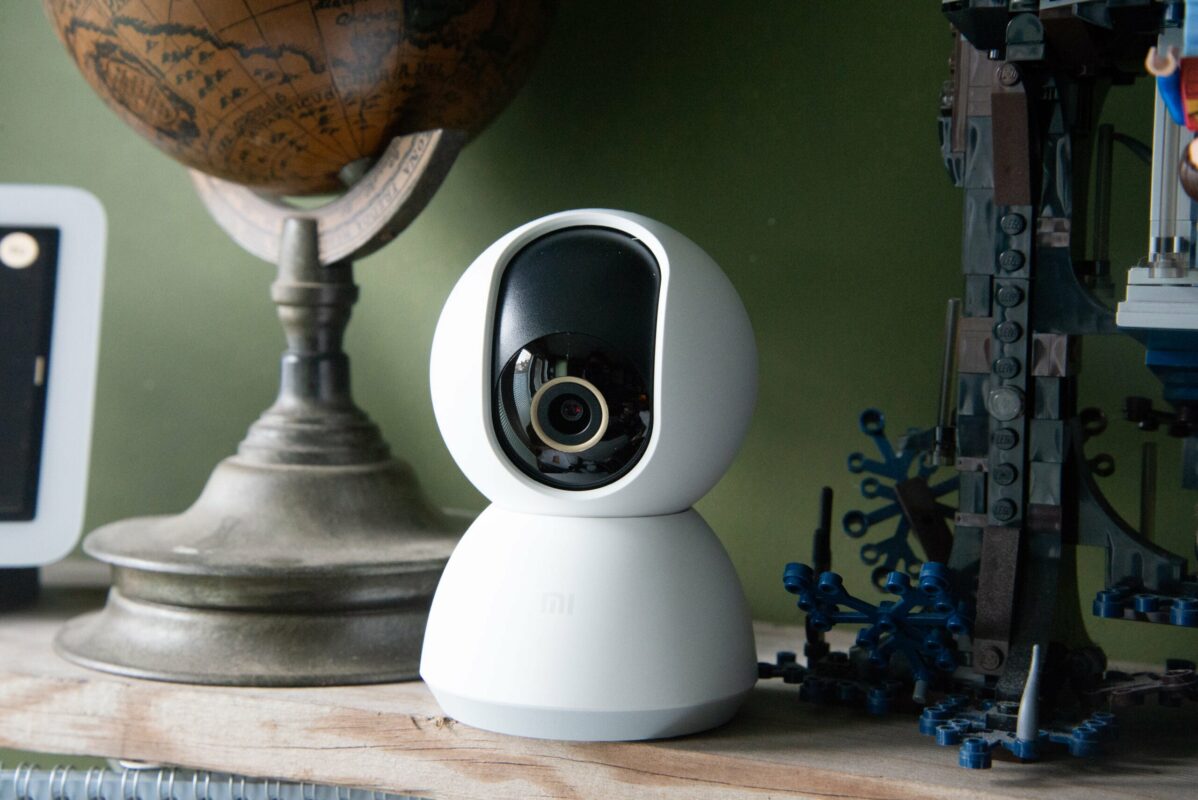What to consider when installing security cameras at home?
Having home security cameras brings many benefits and deters thieves from breaking into our homes. But it also has its drawbacks. Know the pros and cons of installing video surveillance systems at home.
It is increasingly common to resort to video surveillance to guarantee the safety of goods and people inside the home, for which different types of home security cameras are installed as a form of protection. But are they really as useful as they seem?
Pros and cons of home security cameras
The peace of mind of having everything under surveillance is the main reason that leads many to install security cameras in their homes. But in addition, security cameras deter robberies. It’s not a full guarantee, but these gadgets are a way to deter thieves, making them less likely to break in. On the other hand, they provide direct contact with the authorities. The security cameras have remote surveillance that connects with local security forces and bodies, so if an unwanted visit occurs, police help will arrive faster.
On the contrary, care must be taken with the privacy of others and where the cameras are placed, since the right to privacy may be violated. It should not be forgotten that image capture is personal data and, therefore, is protected by data protection regulations.
If despite everything, we have the misfortune to be victims of a crime, at least we will have a source of information that will facilitate the detection and arrest of the person responsible. In addition, your MAPFRE Home Insurance minimizes the damage and consequences of a theft or robbery with special coverage for this type of situation.
IP or CCTV What type of security cameras to choose?
To learn more about the advantages and disadvantages of security cameras, it is convenient to distinguish between the main systems used: webcams and closed-circuit cameras.
- IP camera, also known as a web or network camera, is specially designed to send signals over the Internet or a local network. This type of camera can include presence detection or image recording applications, which allows for checking why the presence detector has tripped while recording images of what happened.
- CCTV camera or closed circuit television is one whose installation is made up of components directly connected to each other creating a circuit. The images are sent through a coaxial cable to the CCTV monitor and can be supervised by qualified personnel in real-time or recorded.
Installation of IP security cameras
This video surveillance system is gaining popularity, as it can be easily adapted to facilities where there is a data network. After all, these cameras are IoT devices that need an Internet connection to function properly. A comfortable technology for the user, but that entails certain drawbacks.
Advantages:
- Being a system that does not need wiring, its installation is cheaper. It is enough to have a network cable nearby to connect it.
- Viewing the images captured by these cameras is very simple since it is something inherent to the installation itself. The video signal travels through the network and has a storage system that can be in the cloud, which saves the presence of another device.
Disadvantages:
- These cameras do not record all content, only those moments triggered by motion. That is, you cannot search for a specific time point.
- Although they are generally cheaper, they can be expensive in the long run. Everything depends on the previous installation that you have, since on some occasions it may even be necessary to have a cable per IP camera.
- Being connected to the Internet, there is the possibility of suffering a computer attack. If they are hacked, the information they record would be exposed, which includes personal data and passwords. Moreover, they can serve as a way to access a home more easily.
To avoid these possible failures, experts recommend entrusting the installation of the cameras to professionals in electronic and cyber security.
Installation of closed-circuit security cameras
As we said before, these types of cameras are based on a television system that does not broadcast the signal openly to the public but instead transmits the images to a monitor (or several monitors). Depending on what they are used for, they can have advantages or disadvantages. They are generally used in public spaces, but also in homes to ensure family safety.
Advantages: The CCTV system is one of the most dissuasive and effective security systems. Thieves often hang around the area they want to raid a few days before to make sure of times, entrances, and exits, or if there are security methods. The presence of these cameras makes many of them give up.
Disadvantages: They have some bugs. For example, they do not have the ability to record and display every inch of the place where they are installed, so they cannot capture everything that happens in the place where they are.
These types of cameras are often combined with spy surveillance cameras. The thief can see where the closed circuit cameras are placed and the angle they cover, so he will look for dead spots to do his misdeeds. With the spy cameras, this failure would be solved.












